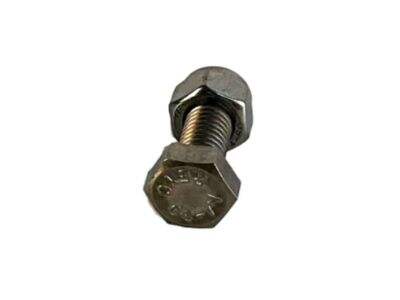How to Organize and Label Spare Parts
You have to keep everything really organized when storing spare parts for equipment used for farming. That includes grouping like items together and using labels to indicate what’s inside of each box or container. This way you can find the necessary part without going through a heap of components. Agmishop recommends proper names in big letters. That makes it easier to read and identify spare parts. Get this tip and save yourself some time and frustration when you need a new part.
Storing Spare Parts Safely
Keep your spare parts in a clean, dry area with good airflow to prevent dust, dirt, and rust from forming. Proper storage of spare parts ensures they remain in working condition and are usable. Moisture can cause metal parts to rust over time, rendering them useless. Drying out these agriculture spare parts will spare them a long life. Agmishop recommends using latches on storage boxes to keep out dust and moisture. In this way, your spare parts will be protected.
Keeping Parts Safe
When you organize your spare parts, consider how heavy or brittle each piece is. Don’t put heavy parts on top of delicate ones, as this can snap them. According to Agmishop, if components are larger or heavier, then use a sturdy shelf or cabinet to manage them. And in order to keep all of your agriculture machinery spare parts intact and accident free, you shouldn’t leave heavy items stacked on top of fragile items. Doing so could prevent worn-out parts from having to be replaced, which saves you money.
Checking Parts Regularly
Just as you regularly check your farming tools to ensure they are in good working condition, spare parts should also be inspected regularly. Make sure that you check spare parts once in a while to see if they are damaged. Detecting issues early lets you address them before they are too severe and increases the lifespan of your parts. Agmishop recommends creating a plan to check on your spare parts and taking notes of your findings as you go. If you take care of your parts and be cautious, you can avoid surprises and ensure your agricultural equipment runs smoothly.
Disposing of Unusable Parts
Some might break or be worn out due to constant usage. When that occurs, you should dispose of these components correctly to maintain a neat storage area. Agmishop advises that you should recycle or dispose of any broken spare parts properly as well. This clears space for new parts and prevents your storage from becoming too full. Organizing your storage means you can more easily find spare parts when you need them and allows you to keep track of what you have. Disposing of failed components properly is better for your storage as well as the planet.







